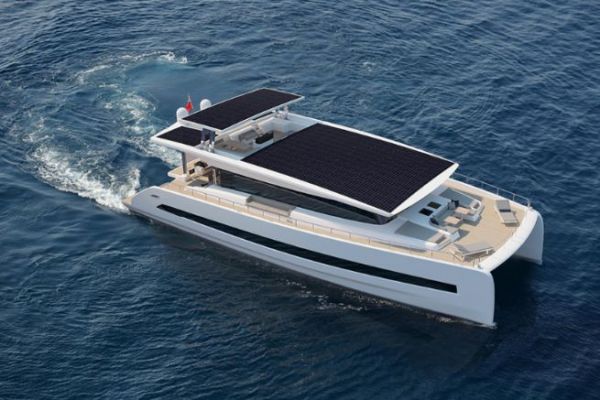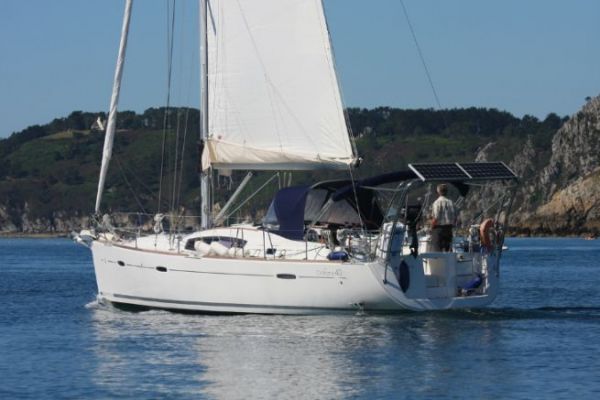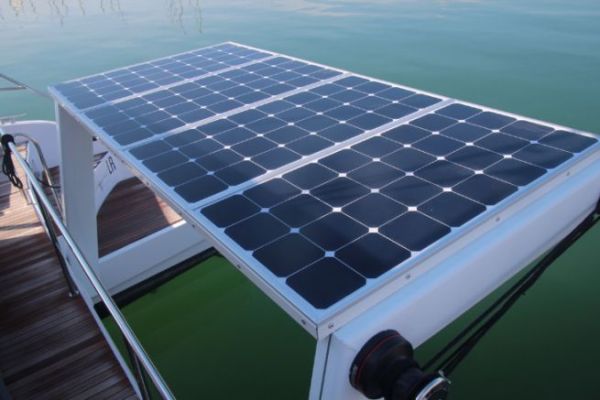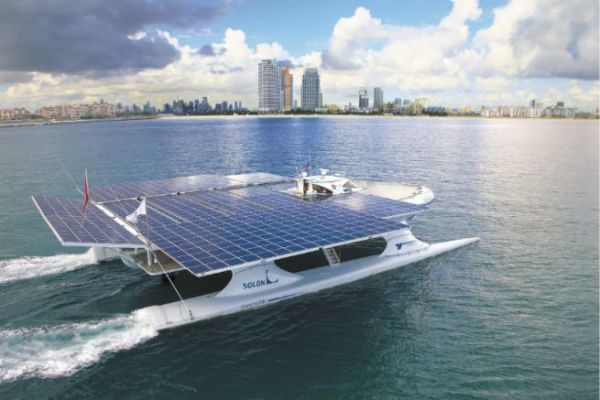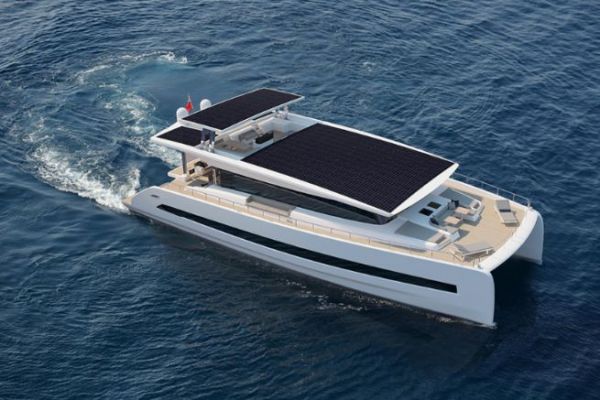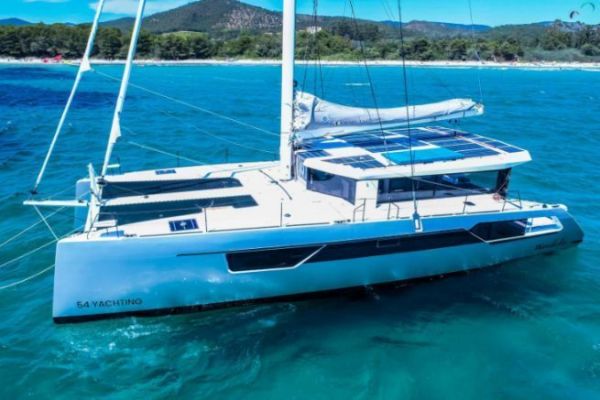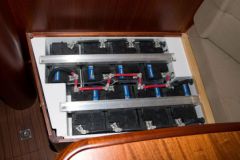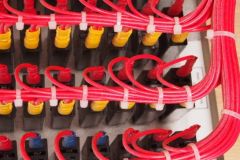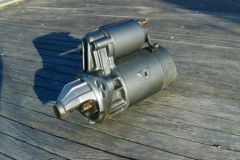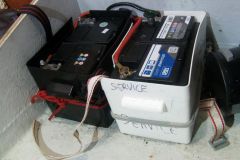To calculate the amount of electricity you need on board a boat, you need to take into account several factors, including the electrical appliances you use, their energy consumption and the length of time you use them.
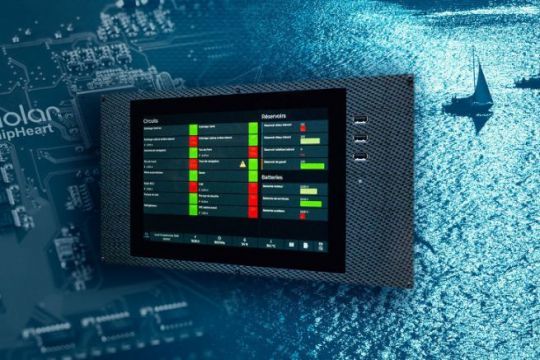
- 1. List electrical appliances: Make a list of all the electrical appliances you use aboard the boat, including lights, kitchen appliances, electronics, etc.
- 2. Determine their power consumption: Consult appliance manuals to find their power consumption in watts. If this information is not available, you can use a multimeter to measure wattage consumption when the appliances are in use.
- 3. Estimate the duration of use: Make a realistic estimate of how long each device will be used each day. For example, you may estimate that the lights will be used for 4 hours a day, while the refrigerator may be on 24 hours a day.
- 4. Calculate the daily power consumption of each appliance: Multiply the power consumption of each appliance by the estimated duration of daily use to obtain the daily power consumption of each appliance in watt-hours.
- 5. Add up the daily consumption: Add up all the appliances' daily consumption to obtain the total daily electricity consumption for your boat.
- 6. Convert to ampere-hours (Ah): Since batteries are usually listed in ampere-hours (Ah), you'll need to convert your boat's total daily consumption into ampere-hours using the following formula:
- Ampere-hours (Ah) = Watt-hours (Wh) ÷ Battery voltage (V)
- Make sure you know the voltage of your boat's battery, usually 12, 24 or 48 Volts.
An accurate assessment of your electricity consumption
- 7 Consider solar panel efficiency: Solar panels have a percentage efficiency, which represents the ability to convert sunlight into electricity. For example, if a solar panel has an efficiency of 15%, this means it can convert 15% of the sunlight exposed to it into electricity. In practical terms, a 100-watt solar panel won't necessarily give you 100 watts of energy.
- 8. Calculate the power of solar panels needed: Divide the watt-hour consumption you've calculated by the solar panel's efficiency ratio to determine the power of solar panels needed. For example, if your consumption is 200 Wh per day and the solar panel's efficiency rate is 15%, then the power required from the solar panels would be 200 Wh / 0.15 = 1,333 watts, or about 1.3 kW.
- 9. Add a safety margin: It's advisable to add a safety margin to your calculation to allow for variations in sunlight, energy losses and other unforeseen factors. In general, a safety margin of 10-20% is often recommended. Finally, don't forget that your batteries store energy and therefore contain more electricity than your solar panels can produce instantaneously.
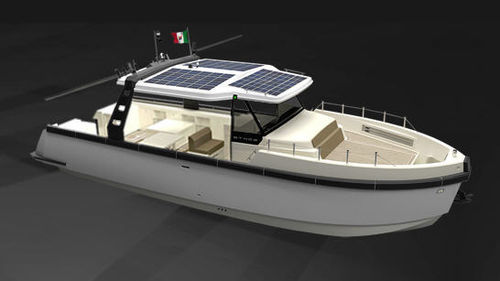
Once you've calculated the amount of electricity you need on board your boat, you can choose the size and number of solar panels, as well as the capacity of the battery(ies), according to your needs.
